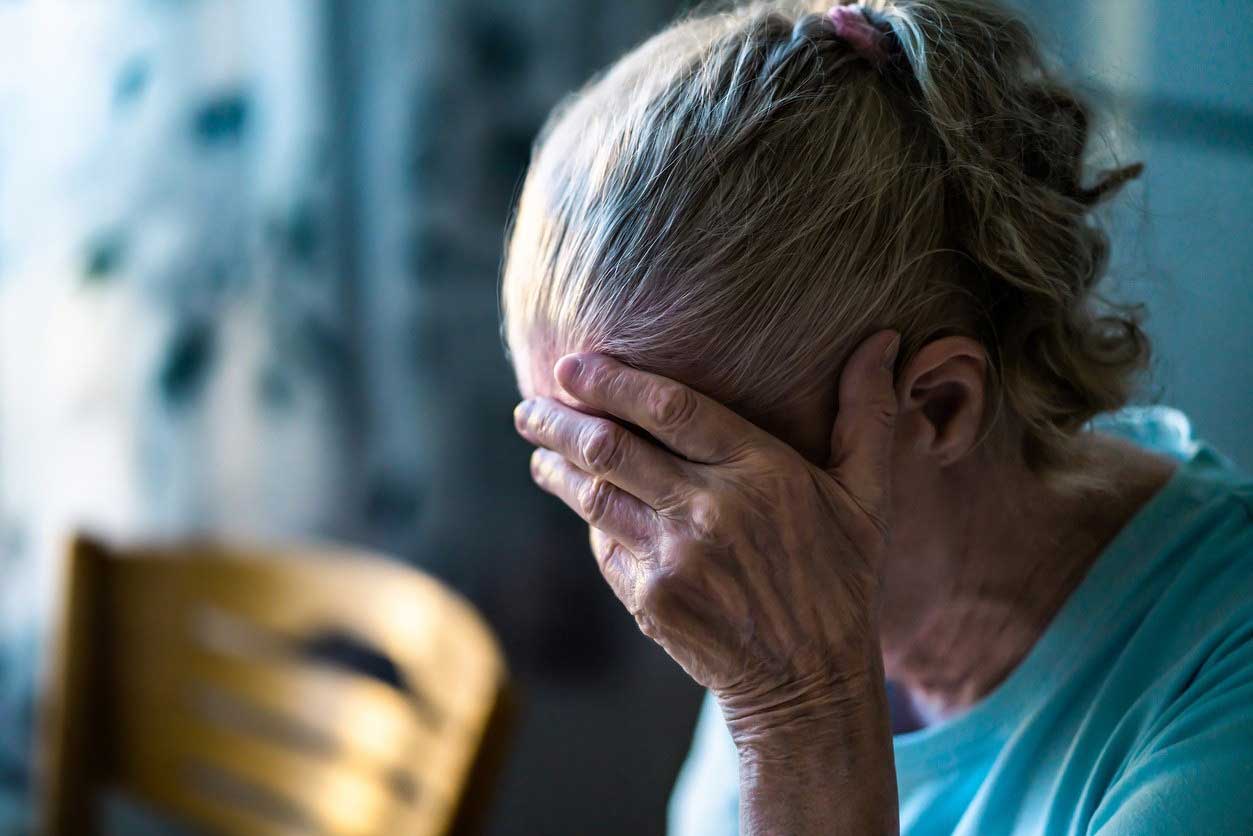Acute Pain In Elderly Individuals: Special Considerations And Care
28
Aug
2023
Pain is a universal sensation, but its impact can vary greatly based on individual circumstances. For elderly individuals, acute pain can be especially challenging to manage due to factors such as age-related changes, underlying health conditions, and potential complications. Recognizing the unique considerations and providing specialized care for acute pain in the elderly is crucial to ensuring their well-being. In this article, we'll explore the complexities of acute pain in elderly individuals, shed light on the factors that come into play, and discuss the importance of tailored care.
Understanding Acute Pain in the Elderly
Acute pain, often resulting from injuries, surgeries, or medical procedures, is temporary and typically resolves as the underlying issue heals. In elderly individuals, however, acute pain can present additional challenges due to age-related changes in the body, weakened immune systems, and the presence of chronic health conditions.

Factors Contributing to Acute Pain in the Elderly:
Sensory Changes: Age-related changes in sensory perception can affect the way elderly individuals experience pain. Diminished pain sensitivity might lead to delayed recognition and treatment.
Chronic Conditions: Elderly individuals are more likely to have chronic health conditions, such as arthritis, osteoporosis, or diabetes. Acute pain in these individuals might be related to exacerbations of these underlying conditions.
Polypharmacy: The use of multiple medications, known as polypharmacy, is common among the elderly. Interactions between medications can contribute to pain or alter pain perception.
Cognitive Impairment: Cognitive decline, including conditions like dementia, can complicate pain assessment and communication. Elderly individuals with cognitive impairments might struggle to express their pain levels accurately.
Mobility Issues: Limited mobility due to musculoskeletal issues can lead to a higher risk of falls and injuries, resulting in acute pain.
Delayed Healing: Slower healing processes in older adults might prolong the duration of acute pain.
Don't let acute pain compromise your quality of life. Reach out to Hill Regional Hospital at 254-580-8500 and take the first step towards pain relief and improved well-being.
Special Considerations for Acute Pain Management:
Comprehensive Assessment: Caregivers and healthcare providers must conduct thorough assessments to understand the source, severity, and impact of acute pain in elderly individuals.
Tailored Treatment Plans: Given the complexity of factors involved, treatment plans should be personalized. Consideration should be given to existing health conditions, medications, and potential interactions.

Communication Strategies: For elderly individuals with cognitive impairment, alternative methods of communication, such as observing non-verbal cues or involving caregivers, are crucial in pain assessment.
Medication Management: Careful evaluation of medications is essential to avoid drug interactions and potential side effects. Non-pharmacological methods should also be considered to complement pain relief.
Mobility and Physical Activity: Encouraging safe mobility and appropriate physical activity can prevent further complications and promote healing.
Psychosocial Support: Acute pain can impact an elderly individual's emotional well-being. Providing emotional support and addressing any concerns is vital.
Patient Education: Providing information to elderly patients about their pain, treatment options, and expected outcomes can empower them to actively participate in their care.
Acute pain in elderly individuals requires a nuanced and compassionate approach. Special considerations for pain management take into account sensory changes, chronic conditions, cognitive impairment, and more. By tailoring treatment plans, focusing on communication, and involving caregivers, healthcare providers can ensure that elderly individuals receive the care and relief they deserve. Ultimately, acknowledging the unique challenges that acute pain presents in the elderly population is essential to promoting their overall well-being and ensuring that they continue to live their lives with dignity and comfort.